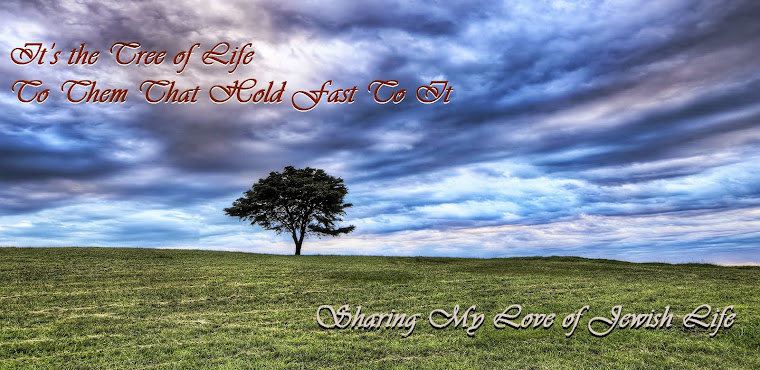The first outside culture dealt with in this week’s parsha is the infamous Sodom. The second half of Genesis 18 contains a curious dialogue in which Hashem tells Avraham that he has decided to destroy Sodom and Amarah, and Avraham argues with him: “Will you end the innocent along with the guilty?” (18:23). Avraham, being a natural people person and a man whose greatest characteristic is chesed (loving kindness), assumes that the region cannot be ALL bad. He then attempts to find some salvation for the city in which his nephew has settled. He slowly whittles his plea from 50 innocent people to 10 innocent people, but Hashem assures him that there are not even 10. Avraham has no further argument left.
Why did Avraham try so hard? He wasn’t ignorant of Sodom. He had interacted with its people, with its king. He lived close enough to hear of the nasty customs that, according to the midrash, ran the gamut of punishing those who tried to help the poor to torturing guests who sought lodging in the city. And yet Avraham still believed he could find innocence.
The second outside culture that is encountered in this week’s parsha is that of Gerar, a small Philistine kingdom to the south ruled by a king known as Avimelech. This is Avraham’s first mentioned interaction with Avimelech and the people of Gerar. Perhaps because he is moving south, the same direction as Egypt where he had discovered the pernicious character of their king when it came to beautiful women, Avraham once again introduces Sarah as his sister rather than his wife (although it did cause him a bit of trouble previously). When Avimelech claims the beautiful Sarah, Hashem comes to him in a dream and corrects him. The next morning Avimelech confronts Avraham with a sentence that I found rather intriguing: “What did you see that you did this thing?” (20:10).
Avimelech assumes that there is a reason that he and his people were deemed untrustworthy by Avraham. And Avraham had reasons, but they were based, perhaps, on his understanding of Egyptian culture rather than Philistine culture. Avraham’s response is a mixture of apology and explanation: “Because I said, there is no fear of God in this region and they will slay me on account of my wife” (20:11). (Concept inspired by commentary of Rabbi Shimshon Raphael Hirsch). Indeed, Avimelech demonstrates a true and genuine fear of God.
In parshat Vayera, we learn that it is human to judge others. God did not rebuke Avraham for trying to hide Sarah from Avimelech, He simply intervened, and no one came to harm. And although Hashem proved to Avraham that the society of Sodom really was rotten unto its core, Avraham is certainly presented as praiseworthy for his attempt to save “even ten.”
Rabbi Shimshon Raphael Hirsch has a beautiful insight on Genesis 18:23, when Avraham asks God if he would ruin the righteous with the wicked: “Avraham put himself in the place of such an innocent person [the possible one among the many wicked] to be saved in the midst of the general terrible catastrophe. He feels what he would feel in such a position….and now he ventures to express the thought - whether perhaps the pain which the righteous would have to endure at seeing the terrible destruction of their fell-citizens all around them might not be worthy of consideration….”
Nations have character. The jokes about Irishmen, Germans, and even Jews, all have a morsel of truth, which is what makes them funny. Avraham made an assumption about the people of Gerar because of his experience with similar cultures - he was wrong about their lack of fear of God, but not wholly wrong about how they might behave. And Avraham was unable to see the all-encompassing wickedness of the people of Sodom because he could not possibly relate to it, and so he tried to find merit for them. (Perhaps this is the Biblical source for those who so blindly try to excuse the violence of our enemies.)
As the Jewish nation, the Chosen People, we must learn many lessons from our great ancestors. We cannot blur all other nations into one. The Philistines were not like the Egyptians, even though they shared some cultural traits. At the same time, we have enemies, alas, and we must not assume that they view the world in the same way we do, as Avraham hoped for at least someone in Sodom.
There is only One Judge in this world, only One who can assess the ratio of goodness to evil, and the only One who can direct us to the right actions to take.
